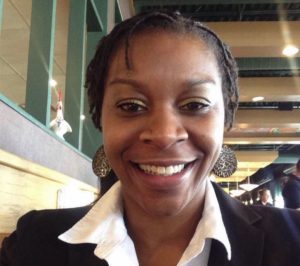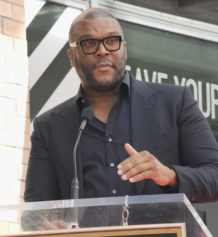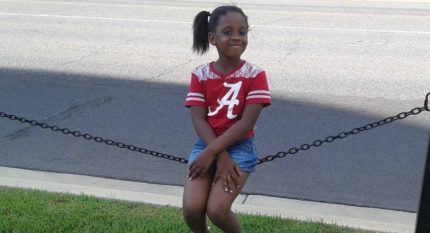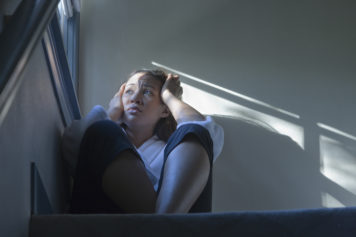Although Texas authorities have ruled Sandra Bland’s death a suicide, many Black people refuse to believe the official report. At her funeral, Bland’s mother, Geneva Reed-Veal, insisted her daughter would not have committed suicide. “I’m the mama, and I’m telling you that my baby did not take herself out,” she said. Bland appeared to be looking forward to starting a new job and trying to raise bail money, which doesn’t sound like the actions of someone planning to end their life. However, the uncomfortable facts are she did say, in a video posted to social media, she suffered from depression and also admitted to attempting suicide after she lost a baby.
Black people don’t want to believe Bland took her own life because suicide is not considered something that “we do.” The Black community has proven extremely resilient to adversities over the years such as slavery, Jim Crow, segregation, racism and the effects of the War on Drugs and mass incarceration. Many Black people seem to think suicide is a “white thing,” according to Guardian writer Stephen W. Thrasher. The Guardian said Black women are the least likely group to end their lives.
“According to the Centers for Disease Control and Prevention, adult black women in 2013 killed themselves at an age-adjusted rate of about two per 100,000. This is much less than Asian/Pacific Islander women (about three per 100,000), Native American women (5.34) and white women (6.27). The most suicide-prone demographic, white men, killed themselves at a rate 11 times more frequent (22.55) than black women,” said The Guardian.
However, Thrasher said Black people cannot discount the fact that suicide is a problem in the community. While Black women may be the least likely group to take their own lives, it’s not unheard of. Some high-profile Black women who committed suicide include R&B singer Phyllis Hyman and more recently blogger Karyn Washington, founder of For Brown Girls, who took her own life in 2014.
Black women do suffer from depression and may have suicidal thoughts. But they often have so many familial responsibilities riding on their shoulders, they hide their problems behind a facade of material success, civic activity and churchgoing. Some psychologists say many Black women are suffering in silence.
“The Grady Nia Project, a long-running series of studies with African-American women who have a history of domestic violence and suicidality, found that cultural norms influence women’s responses to intimate partner violence and suicidality, and African-American women are less likely to seek help from institutions that they feel have contributed to their oppression in the past,” said The International Business Times. “Black women make up the group most undertreated for depression in the nation, the Huffington Post reported in 2014. A study published by the CDC found that women and African-Americans are more likely to report depression, but only 7.6 percent of African-Americans sought treatment in comparison to 13.6 percent of the general population in 2011.”
Writing in Alternet, Alma Carten said the church may be contributing to the problem. Christianity emphasizes forgiveness, and it seems Black people are quick to forgive those who have wronged them. This was seen in the recent Charleston, South Carolina, massacre, where family members of the victims came forward at a court hearing for the accused shooter, Dylann Roof, and said they had already forgiven him for his crimes.
In many cases, Black people are not addressing their fears and anger. According to Carten, they’re merely suppressing those feelings.
“There is increasing evidence that repressing feelings associated with acts of white racism may be psychologically damaging and lay the foundation for future mental health problems and behaviors symptomatic of post-traumatic stress syndrome,” Carten said.



